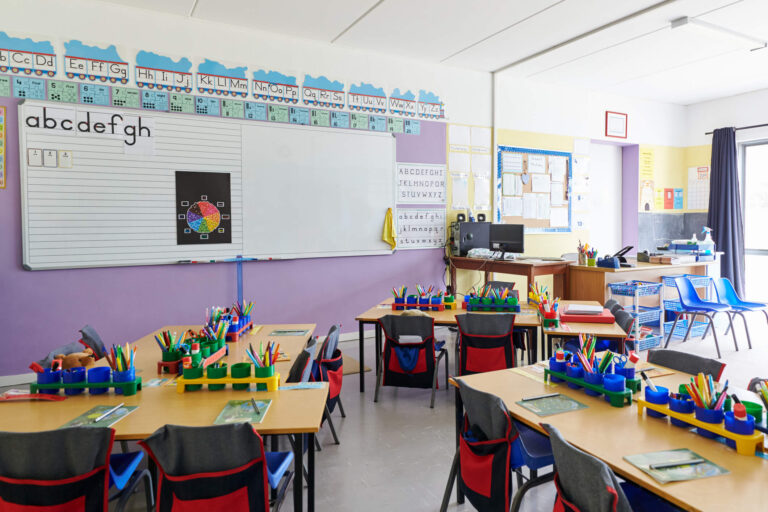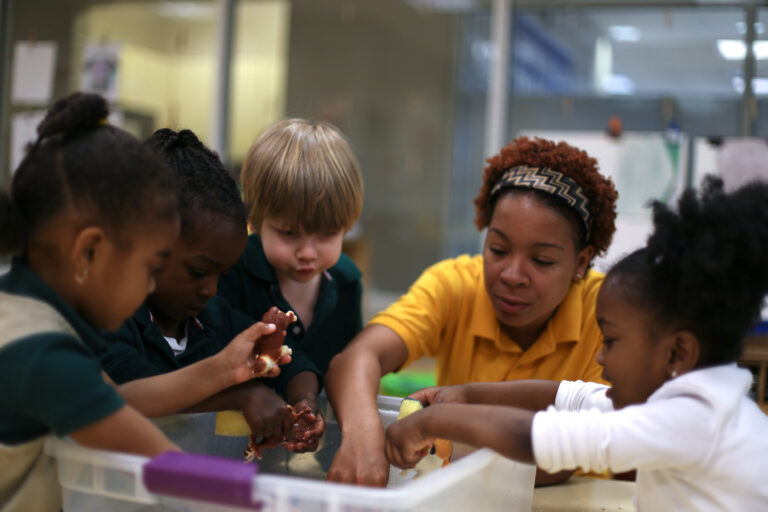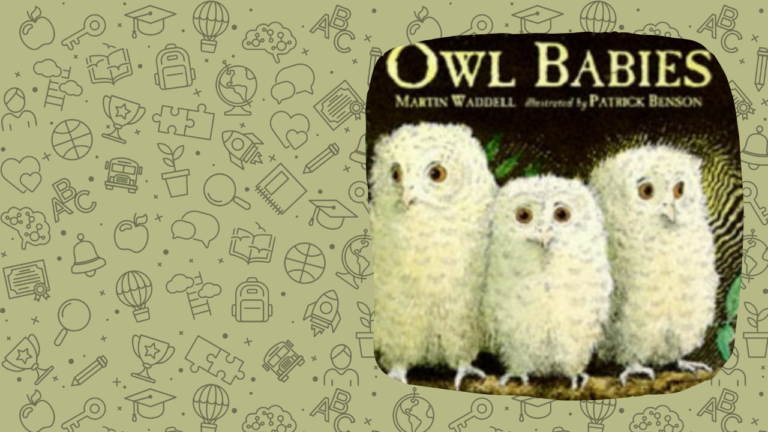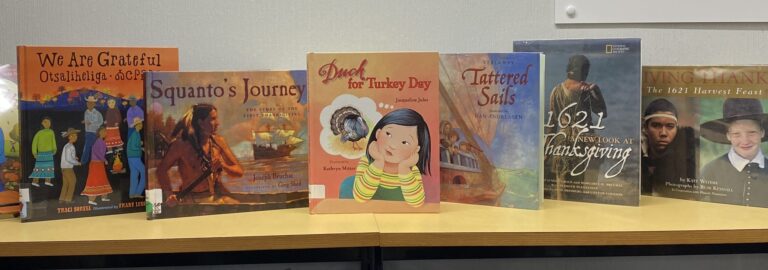The Science and Poetry in Learning (and Teaching) to Read
Maryanne is back with her thoughts on the importance of Letter 7 which addresses the science of reading and how we instruct our children based on the reading brain.
Welcome to Letter 7 of Reader, Come Home
Through Letter 7, Maryanne asks us to consider what it means to “become” through reading, what we are giving up when both poetry and science are not addressed, and what the large gaps in language and learning might mean to the future of our country.
For the virtual book study, read Letter 7 of Reader, Come Home, watch the roundtable discussion video, and answer the following discussion questions.
According to the National Assessment of Educational Progress, or NAEP, ⅔ of US children in the fourth grade do not read proficiently – that is, with fluency and comprehension. “We need to reconceptualize the time from zero to five years, the first two thousand days of life, when the component parts of the reading circuit are laid down as discussed.” What are ways we might rethink, and restructure education to address the literacy crisis?
When Maryanne, the Director of the Center for Dyslexia, Diverse Learners, and Social Justice at the UCLA Graduate School of Education and Information Studies says we must “preserve the spirit of children with dyslexia,” what might she mean?
Ready to explore deeper? Enjoy our full Letter 7 lecture.
Reader, Come Home Virtual Book Study Letters:
- Letter 1: Reading, the Canary in the Mind
- Letter 2: Under the Big Top: An Unusual View of the Reading Brain
- Letter 3: Deep Reading: Is It Endangered?
- Letter 4: “What Will Become of the Readers We Have Been?”
- Letter 5: The Raising of Children in a Digital Age
- Letter 6: From Laps to Laptops in the First Five Years- Don’t Move Too Fast
- Letter 7: The Science and Poetry in Learning (and Teaching) to Read
- Letters 8 & 9: Building a Biliterate Brain & Reader, Come Home
- Concluding Livestream by Dr. Wolf on March 12 at 7pm ET



